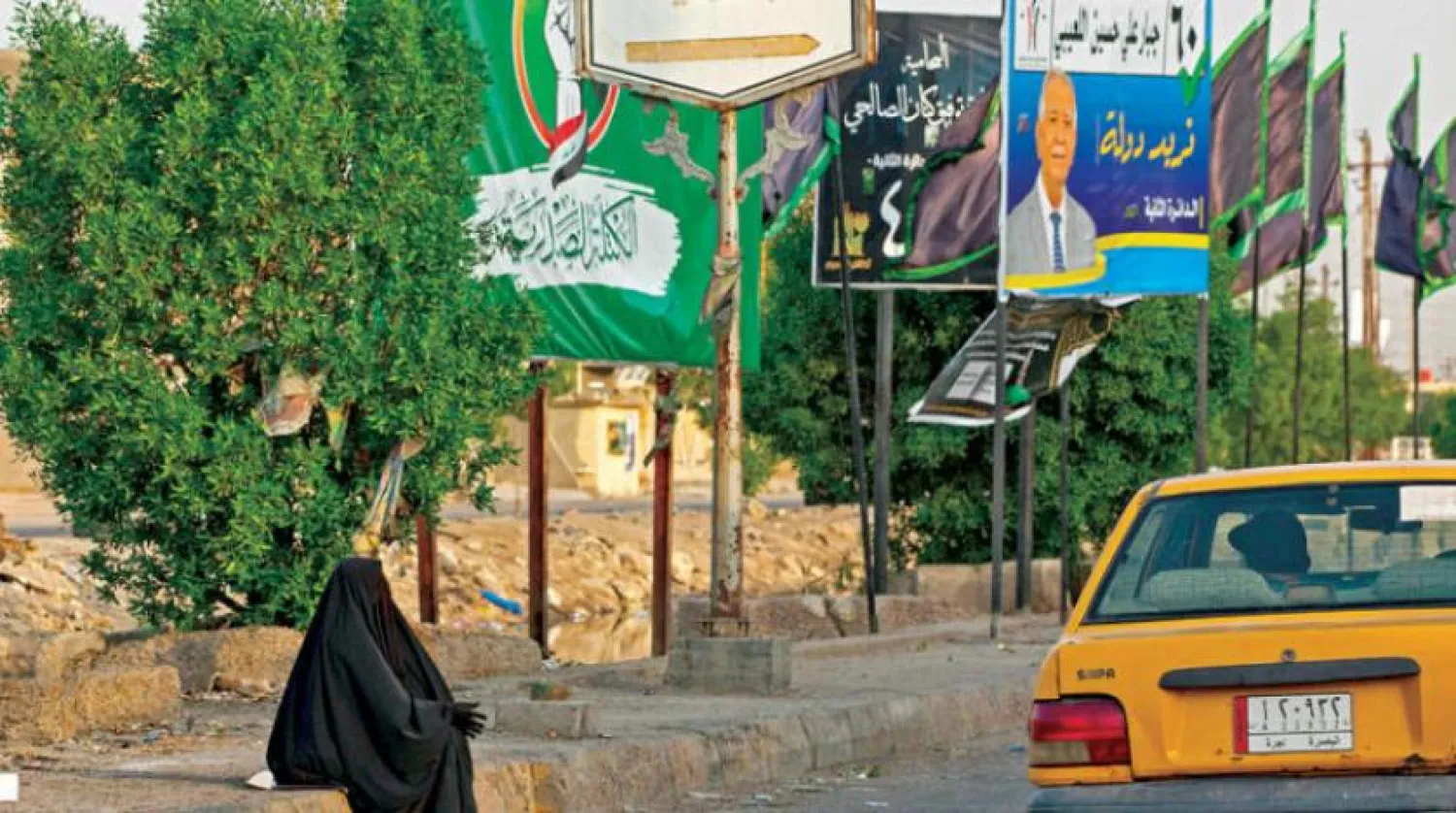The Iraqi parliament refused to hold a session to announce its dissolution before the legislative elections as stipulated in the constitution, in a precedent move in the history of the national polls.
Earlier, political parties dissolved the parliament three days ahead of the early elections scheduled for Sunday.
The parliament will have dissolved itself as of Thursday, without holding a session to take such a decision, according to what was announced by the second deputy speaker of parliament, Bashir Haddad.
Haddad told Iraqi News Agency (INA) that there is no need for a session to announce the suspension of the parliament because the decision has already been made.
He explained that the parliament voted on March 31 to dissolve itself on October 07, noting that the decision would enter into force on Thursday.
With the suspension of the parliament, the cabinet chaired by Mustafa Kadhimi automatically became a caretaker government.
Legal expert Tarik Harb confirmed that the country would not witness a constitutional vacuum due to the suspension.
The Parliamentary Legal Committee confirmed that the House of Representatives does not need to hold a session to announce its suspensions, as the decision was previously made, provided that polls are held on time.
In a press statement, committee member Rashid al-Azzawi said that if the elections were not held, the parliament would carry out its duties and complete its constitutional term.
He added that it is still unknown when the new parliament would be announced, knowing that election results will be announced within 24 hours.
The results are then referred for approval in the Federal Court, and the appeals will be submitted for consideration.
Azzawi stressed that there would not be a constitutional vacuum because if the polls take place, it will mean that there is a chosen assembly. If the results are not ratified, or there are many appeals, and the upcoming elections are canceled, the current parliament will return to carrying out its duties.
He expected the elections to proceed normally because the Independent Electoral Commission has taken many measures to prevent fraud.









